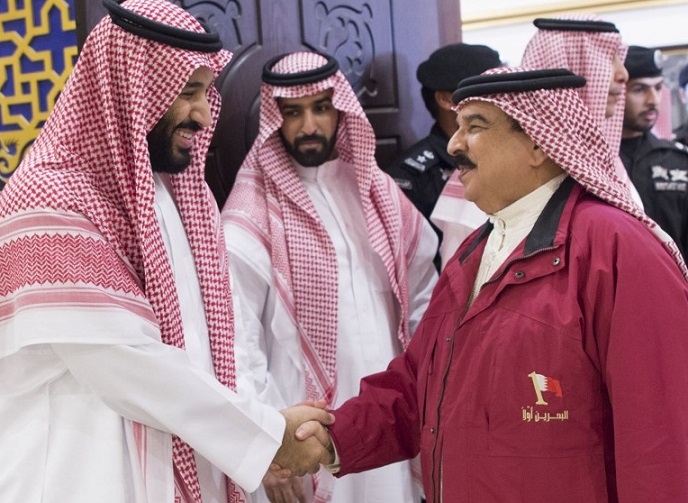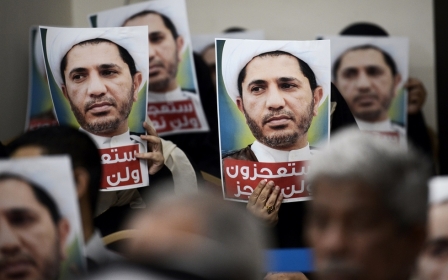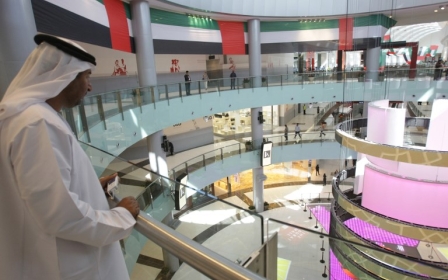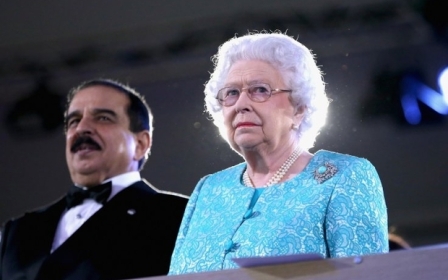Bahrain bailout: Gulf allies to boost financial support for indebted kingdom

Bahrain said on Wednesday that its Gulf allies are to unveil a new support package to shore up its finances, which have been strained by seven years of persistent civil unrest.
The kingdom's central bank intervened on Tuesday to defend the value of the dinar, promising to maintain its peg to the dollar against pressure on spot markets, London-based Capital Economics said.
Investor confidence has been hit by the kingdom's difficulties in finding new creditors to finance its large budget deficit.
"The kingdom of Bahrain, along with its sisters Saudi Arabia, the United Arab Emirates and Kuwait, will announce a programme to support the stability of the financial situation in Bahrain," Finance Minister Sheikh Ahmed bin Mohammed al-Khalifa told the official BNA news agency.
Sheikh Ahmed gave no timeframe for the new cash injection. Bahrain's wealthy neighbours are still disbursing $10bn in financial support they pledged to Bahrain in 2016.
The Gulf states sent police and troops to the kingdom in 2011 to help its rulers crush protesters calling for a constitutional monarchy with an elected prime minister during weeks of demonstrations.
The ruling Al-Khalifa family has since outlawed the main opposition groups and jailed dozens of their leaders, but sporadic unrest has continued, sapping the economy.
Even before the oil price collapse of 2014, Bahrain was running up large annual budget deficits, swelling the national debt to around $31bn - or 89 percent of gross domestic product - the International Monetary Fund said in a March report.
The kingdom posted a deficit of close to $5bn last year and is projecting a shortfall of $3.5bn in 2018.
Bahrain is currently a minor oil producer with output of some 200,000 barrels per day. But in April, it announced the discovery of more than 80 billion barrels of shale oil which it hopes to start pumping in 2023.
When the oil was discovered, a Bahraini official said the kingdom expected to produce 200,000 barrels per days from the new find, which would be the same amount Bahrain currently produces per day in total.
By comparison, Saudi Arabia has 266 billion barrels of proved oil reserves and has been producing around 9.8 million barrels per day since January.
"This is obviously not enormous compared to its neighbours but would be a big boost for the island’s economy," Robin Mills, chief executive of Qamar Energy and author of The Myth of the Oil Crisis, told Middle East Eye.
"Based on US experience, only a fairly small part of the 80 billion barrels will be economically recoverable," Mills said.
The IMF has called on Bahraini authorities to tighten their belt by cutting subsidies and introducing new taxes, something they have been loath to do for fear of fanning unrest in the Gulf's poorest economy.
"A credibly large policy package - comprising both revenue and expenditure measures, while protecting the most vulnerable - is urgently needed," the IMF said in its March report.
Middle East Eye propose une couverture et une analyse indépendantes et incomparables du Moyen-Orient, de l’Afrique du Nord et d’autres régions du monde. Pour en savoir plus sur la reprise de ce contenu et les frais qui s’appliquent, veuillez remplir ce formulaire [en anglais]. Pour en savoir plus sur MEE, cliquez ici [en anglais].




